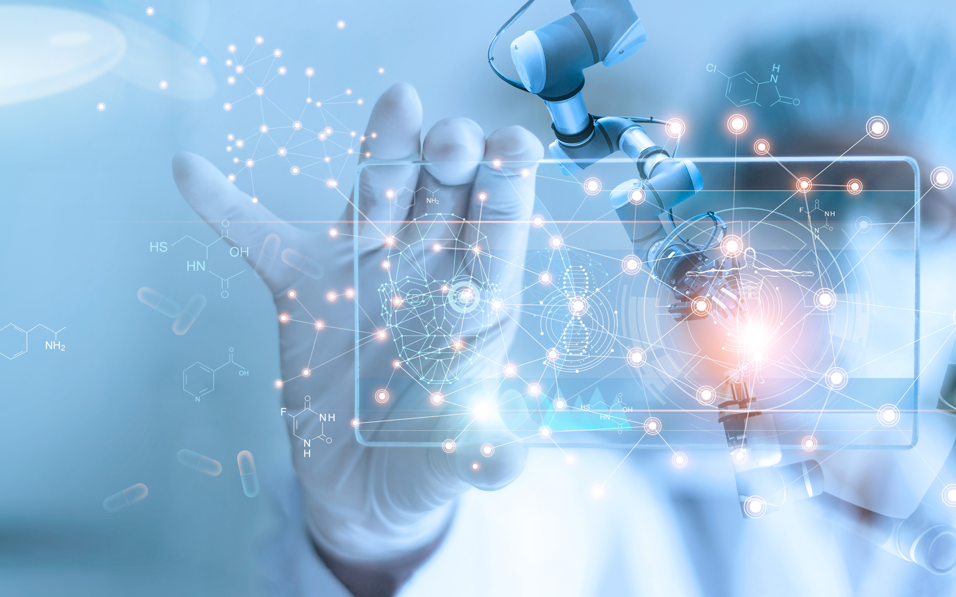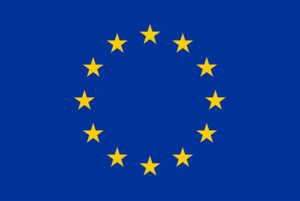Learn more about COVID-X Clinical Event and what medical experts had to say about challenges in healthcare systems and COVID Management and lessons learned in medicine.
COVID-X Clinical Event was organized online by Karolinska Institutet with the participation of SERMAS and HUMANITAS on 23 June 2022. The webinar turned out to be a fruitful discussion among 33 participants and speakers from Karolinska Institutet and SERMAS as leading experts from the healthcare field. The sessions covered two main areas:
1. Challenges in Healthcare systems. AI tools and how to improve healthcare services.
2. COVID Management and lessons learned in medicine: The CLEOS example.
The first one to speak was Carl Johan Sundberg from Karolinska Institutet who held a session titled” By improving data quality, we will improve medicine and clinical research”. He is a Licensed Physician and Professor at the Department of Physiology and Pharmacology, Head of the Department of Learning, Informatics, Management and Ethics (LIME). Mr Sundberg’s session highlighted the importance of data sources for decision making and clinical research. It showcased what the COVID-X programme has promoted successfully, which is that the facilitation of data capture and processing is the key to the stabilization and enhanced healthcare sector.
David Zakim from Karolinska Institutet then proceeded with a session on the current challenges in the clinical industry in his presentation titled “What is working and what is not in healthcare”. Mr Zakim, professor emeritus at the Department of Learning, Informatics, Management and Ethics of the Karolinska Institutet, the session highlighted the fact that “ 50 % of physicians have at least one symptom of burn-out” and that is because healthcare systems function at peak capacity only under normal circumstances, something that has been disrupted due to COVID-19. Since the pandemic likely won’t be a one-off event, proper utilization of data would be needed to facilitate diagnostics and prevention. However, a large amount of data is needed and there is not enough time to collect and process it. “How do we improve our knowledge of practice and data collection?”, was one of the questions that arose during discussions. The answer lies in modern technology to relieve physicians and data capture, something that the COVID-X program has promoted through its’ support for both the digital and healthcare sectors.
Sabine Koch from Karolinska Institutet, Strategic Professor of Health Informatics at Karolinska Institutet, further elaborated on the use of new technologies in the presentation titled “Clinical implementation of AI tools and their performance “. There are several challenges regarding AI in medicine and healthcare such as current medical knowledge, as well as trust and privacy of the new technological model and its data sources among the clinicians. However, there are key facilitators for the AI implementation, one of them being “strengthened collaboration between academia, healthcare and industry”. To enable such a process, the participants also agreed that “both clinicians and IT department should work together to ease up the procurement process of the new technology, as well as develop a systemic evaluation system for AI in medicine, much like for drugs and other medical devices”, since, as all participants noted, “there is no regulatory gold standard for the current medical AI system”.
Dalifer Nuñez Freites, Specialist in Rheumatology. MIR at San Carlos Clinical Hospital, Madrid. SERMAS has provided staggering findings of psychological impacts on medical professionals during the COVID-19 pandemic in her presentation titled “Burnout in healthcare staff”. The symptoms proved to be presented in many shapes and forms, ranging from insomnia to depression and overall depersonalization and a sense of reduced personal accomplishments. In general, all of these symptoms eventually lead to inefficiency and decreased productivity of healthcare staff. Nonetheless, the situation can be saved if measures are applied on an individual, organizational but also cultural level. A unified opinion amongst participants was that “We should change the culture of work by countering the stereotype of endurance and adopt a blame-free approach recognizing human limits on a physical, cognitive and emotional level.”
Lastly, David Zakim addressed the participants once more in his presentation “Clinical History Taking Software: CLEOS” to showcase the CLEOS operating system owned by Karolinska Institutet. CLEOS is envisioned as a dynamic, interactive, textbook of medicine. The system firstly interacts with patients to collect data on the presence and detailed nature of abnormal pathophysiologies, and later with physicians to report abnormalities and facilitate evidence-based management. For now, CLEOS is used only for clinical research, but it represents a prime example of the solution for needs that participants voiced during the webinar and that is the highly-functional healthcare system and data capture.
The pandemic has changed many people’s lives and the way physicians and hospitals address the new clinical challenges. In this sense, the event was a complete success where we could enjoy and learn from some interesting presentations, experiences and discussions. Many points of view were shared and some questions were raised and solved.






